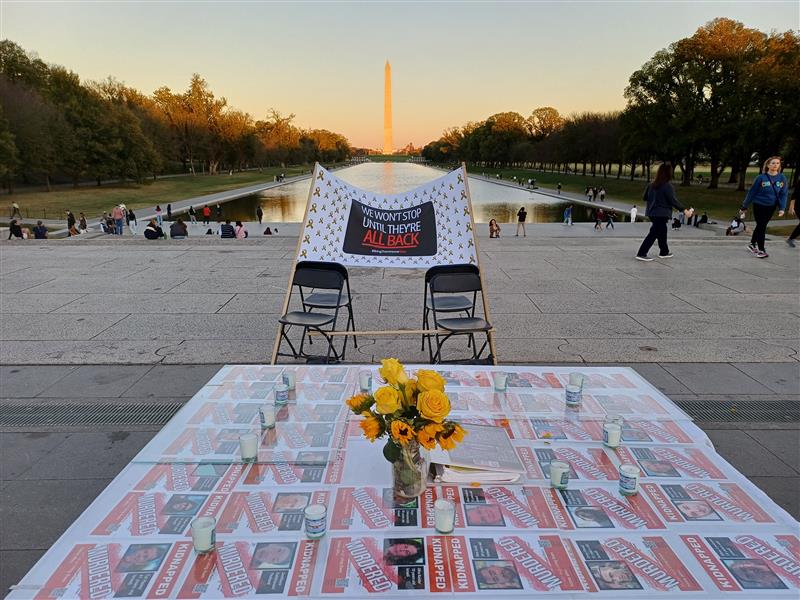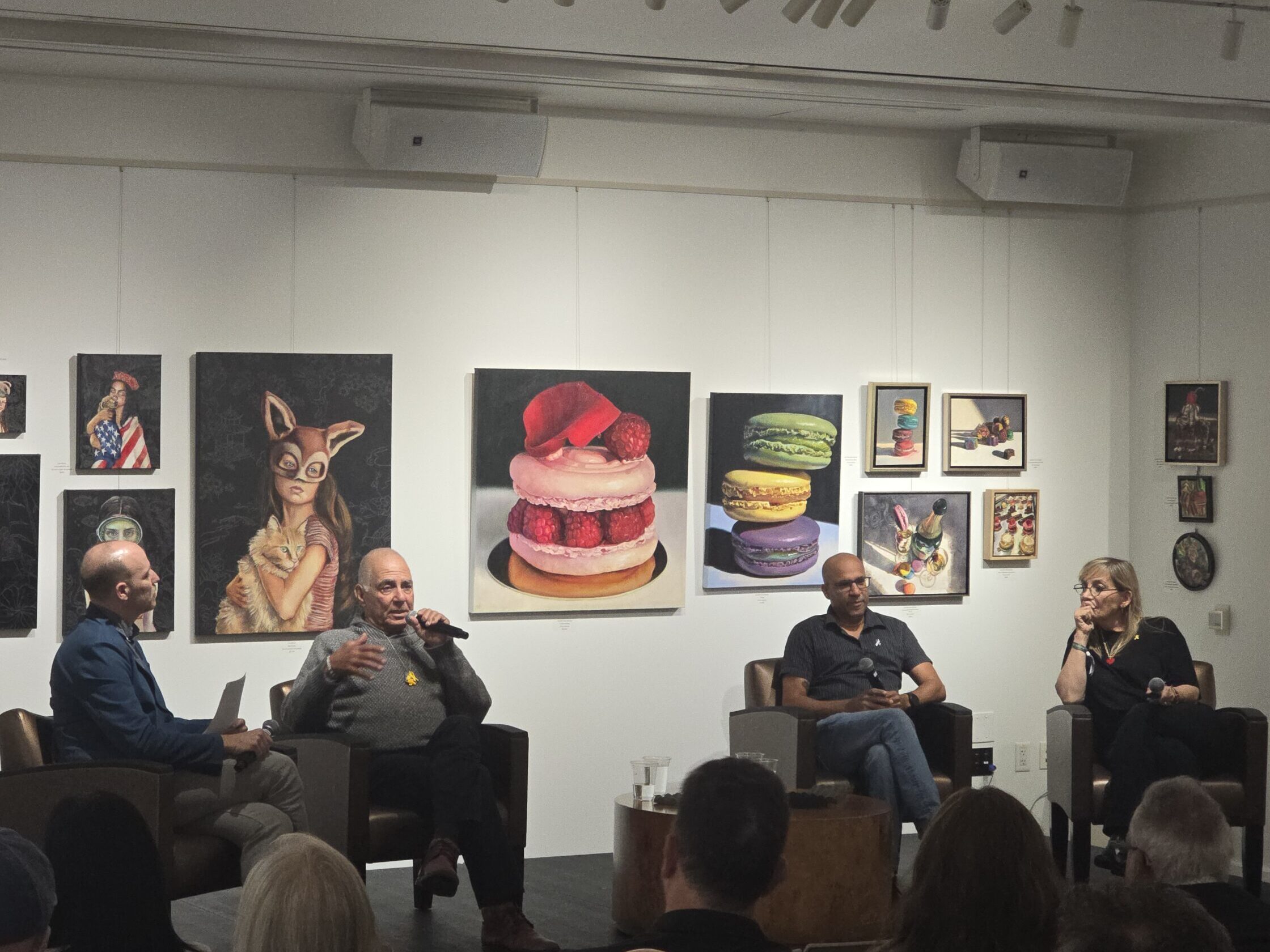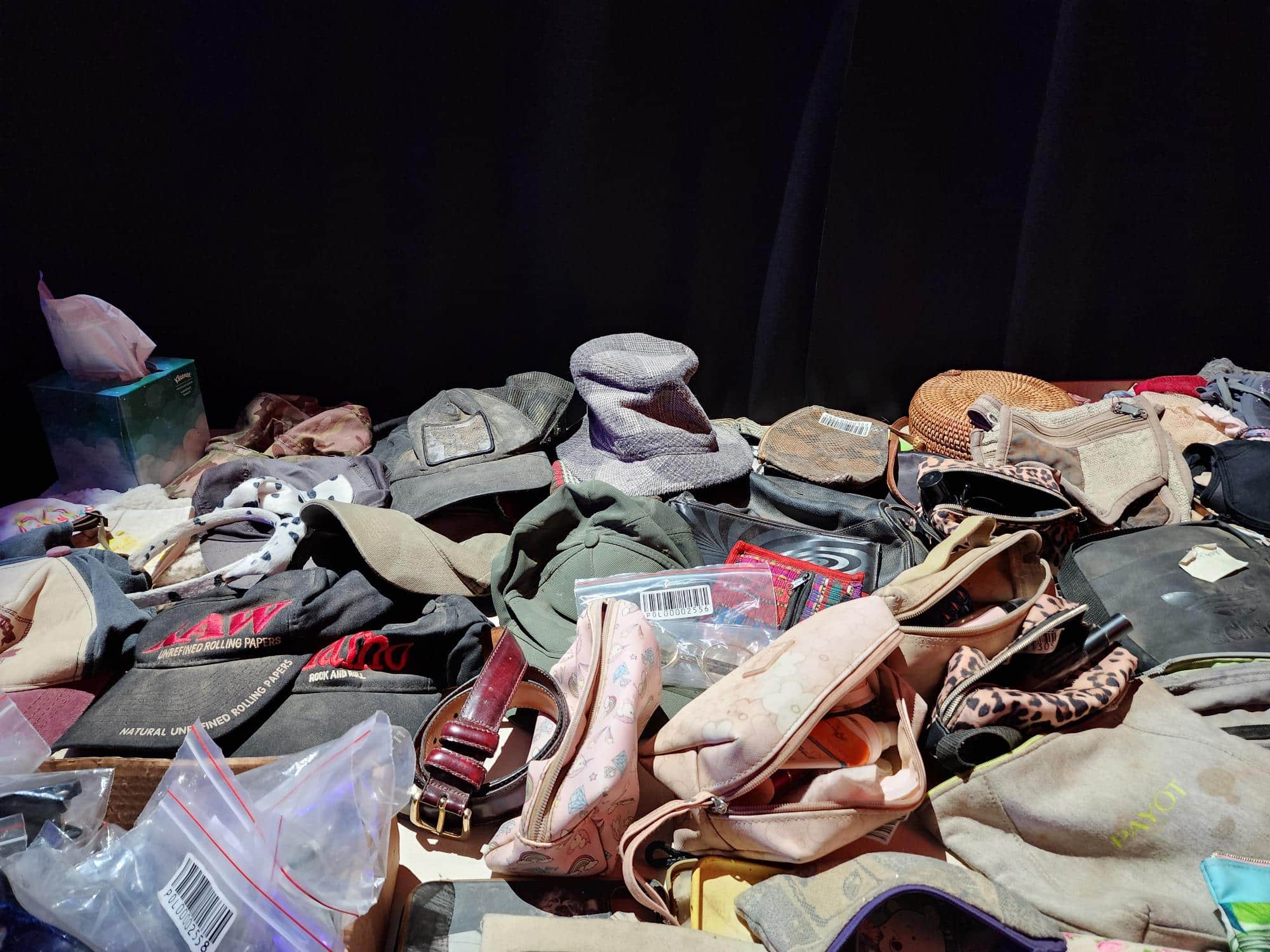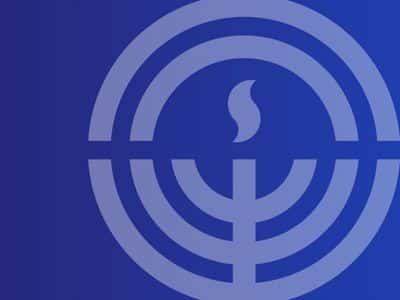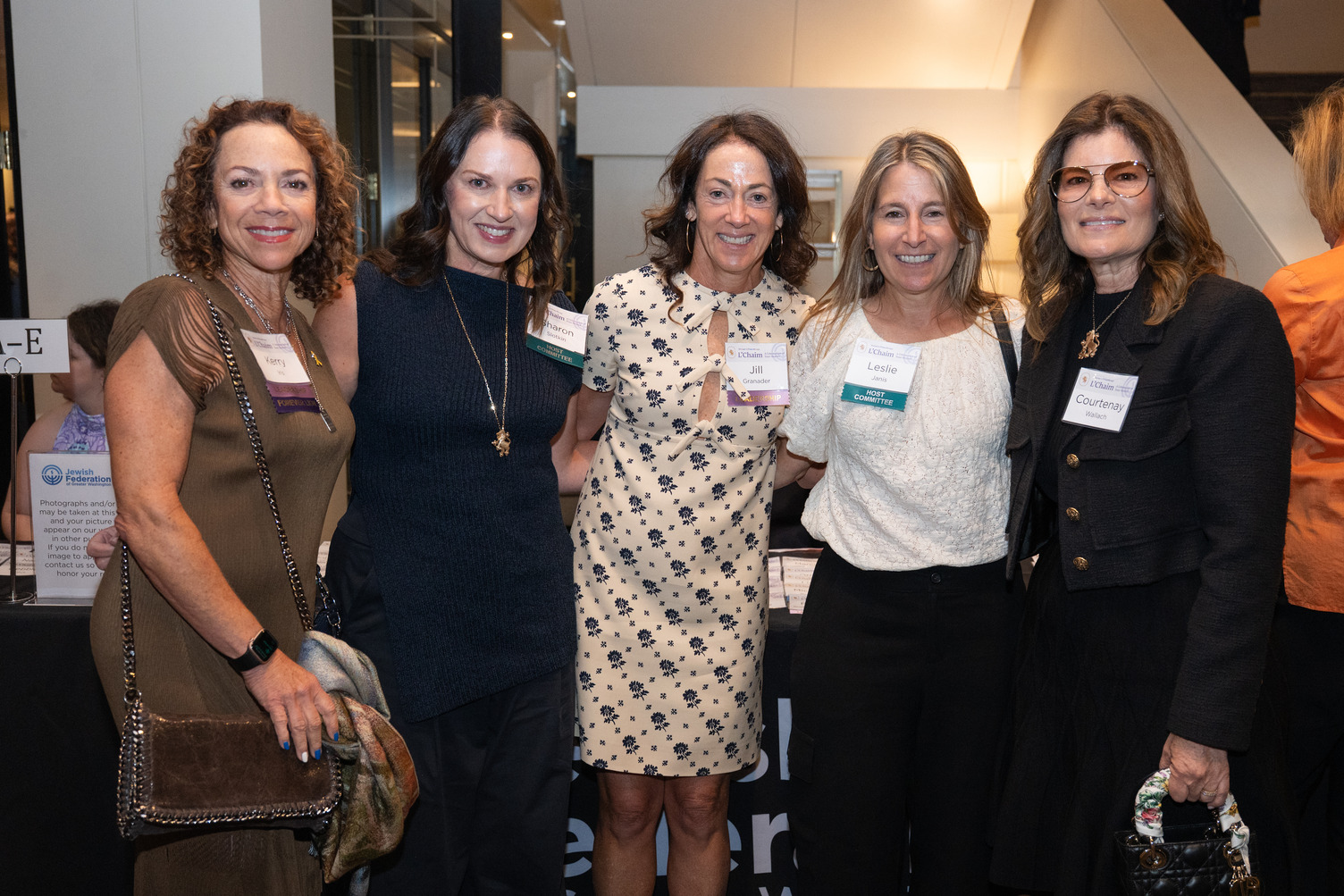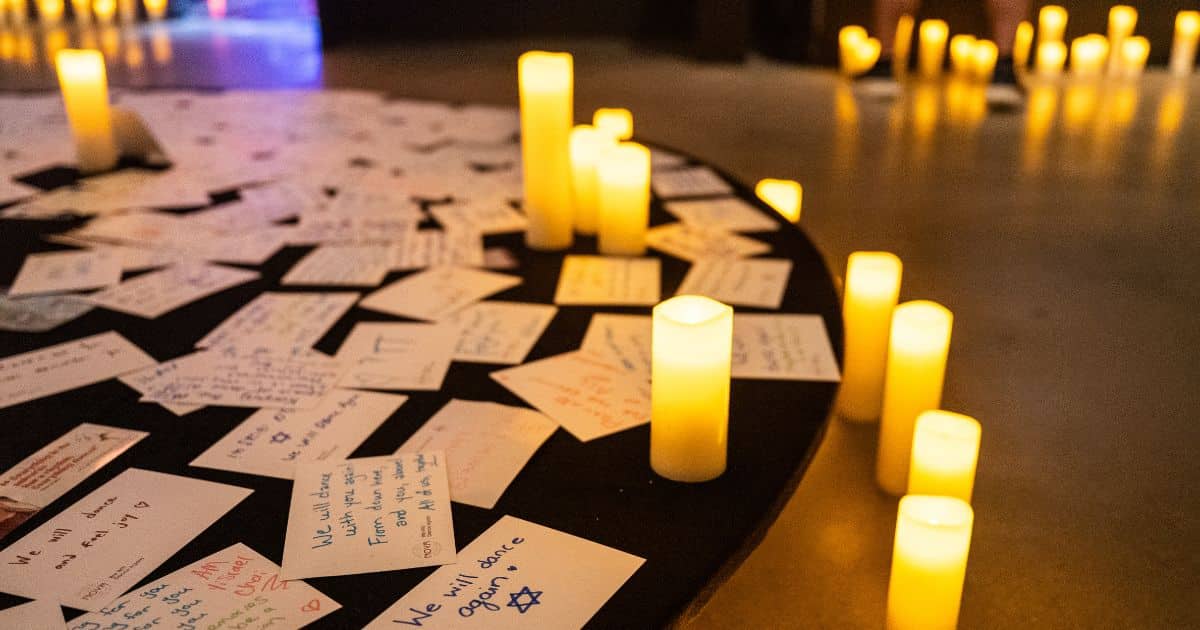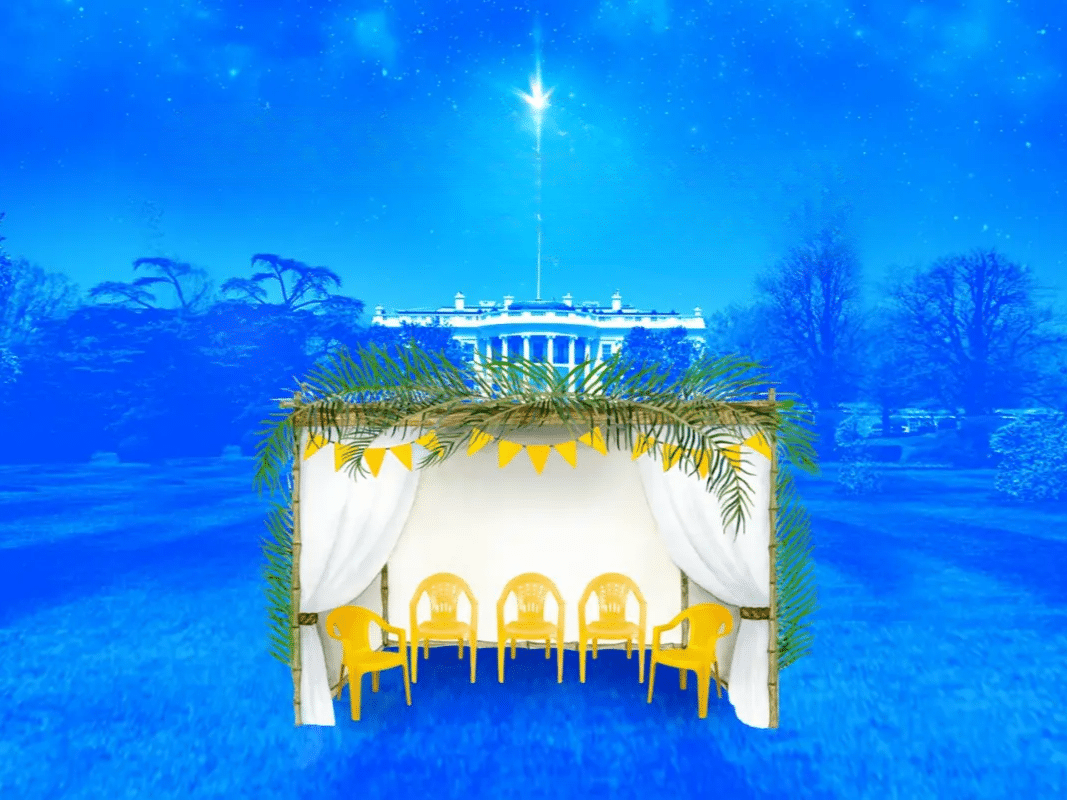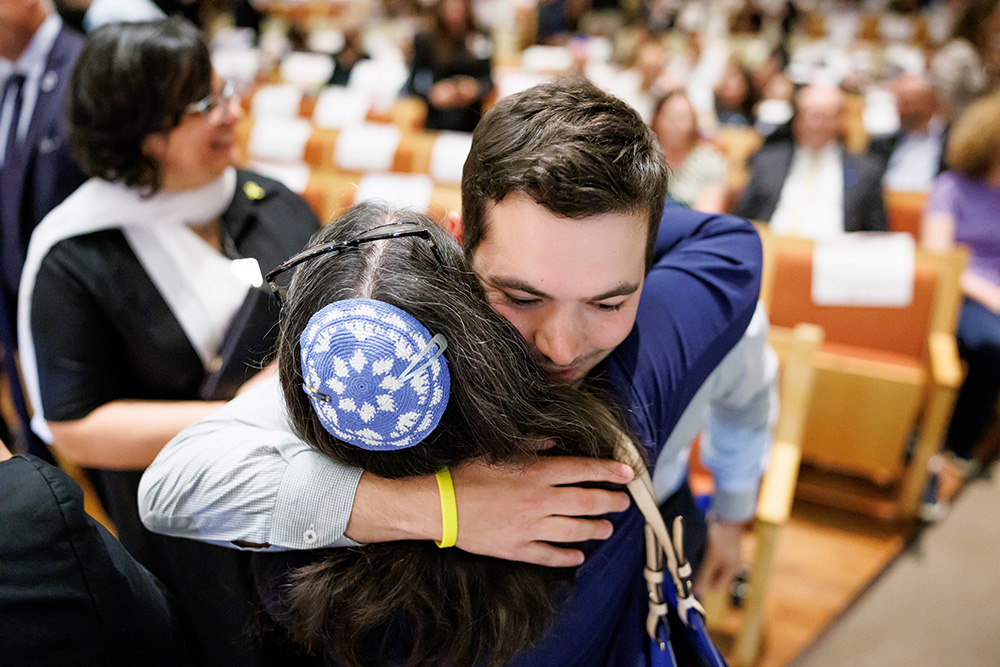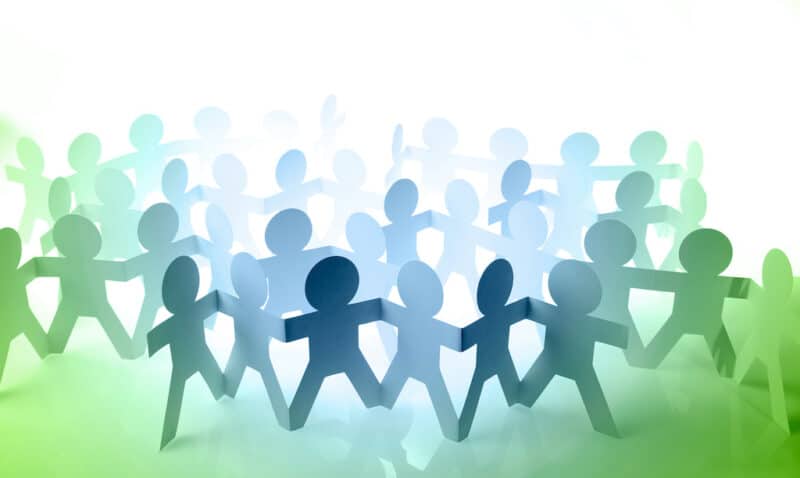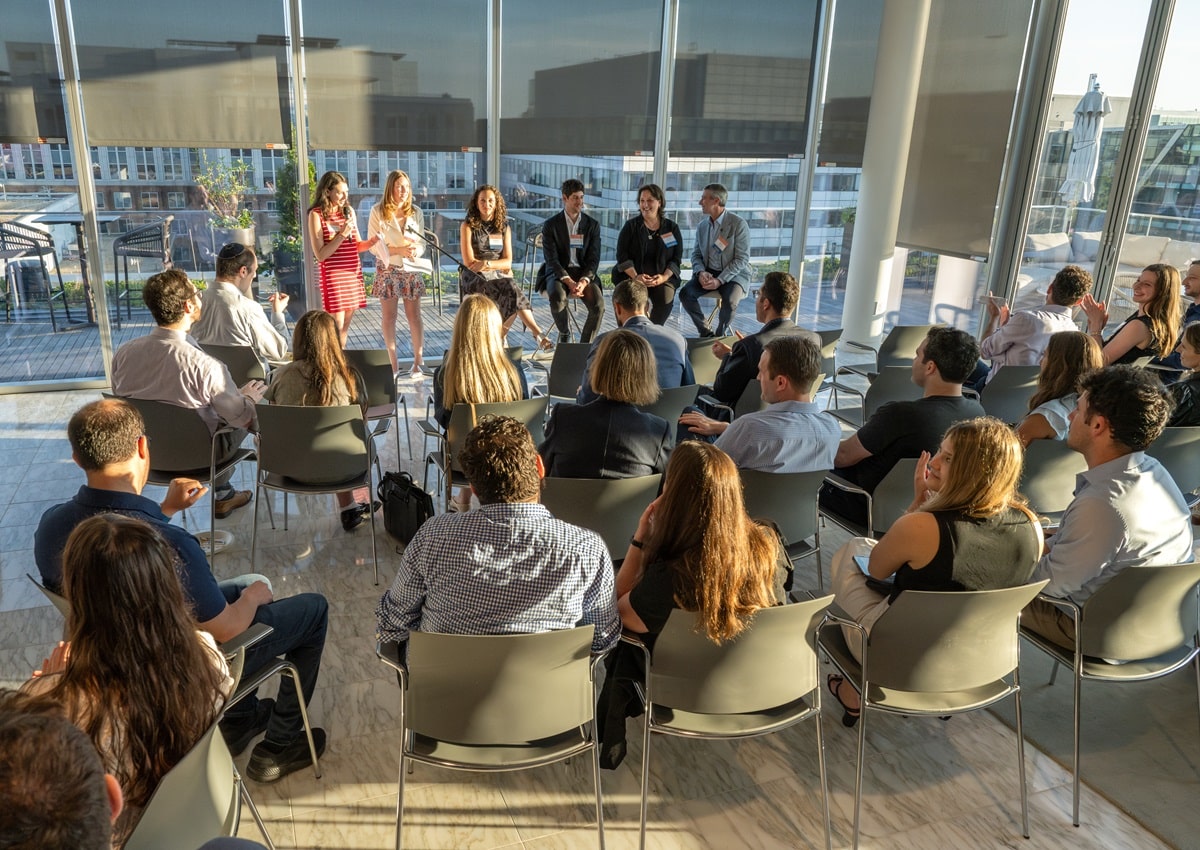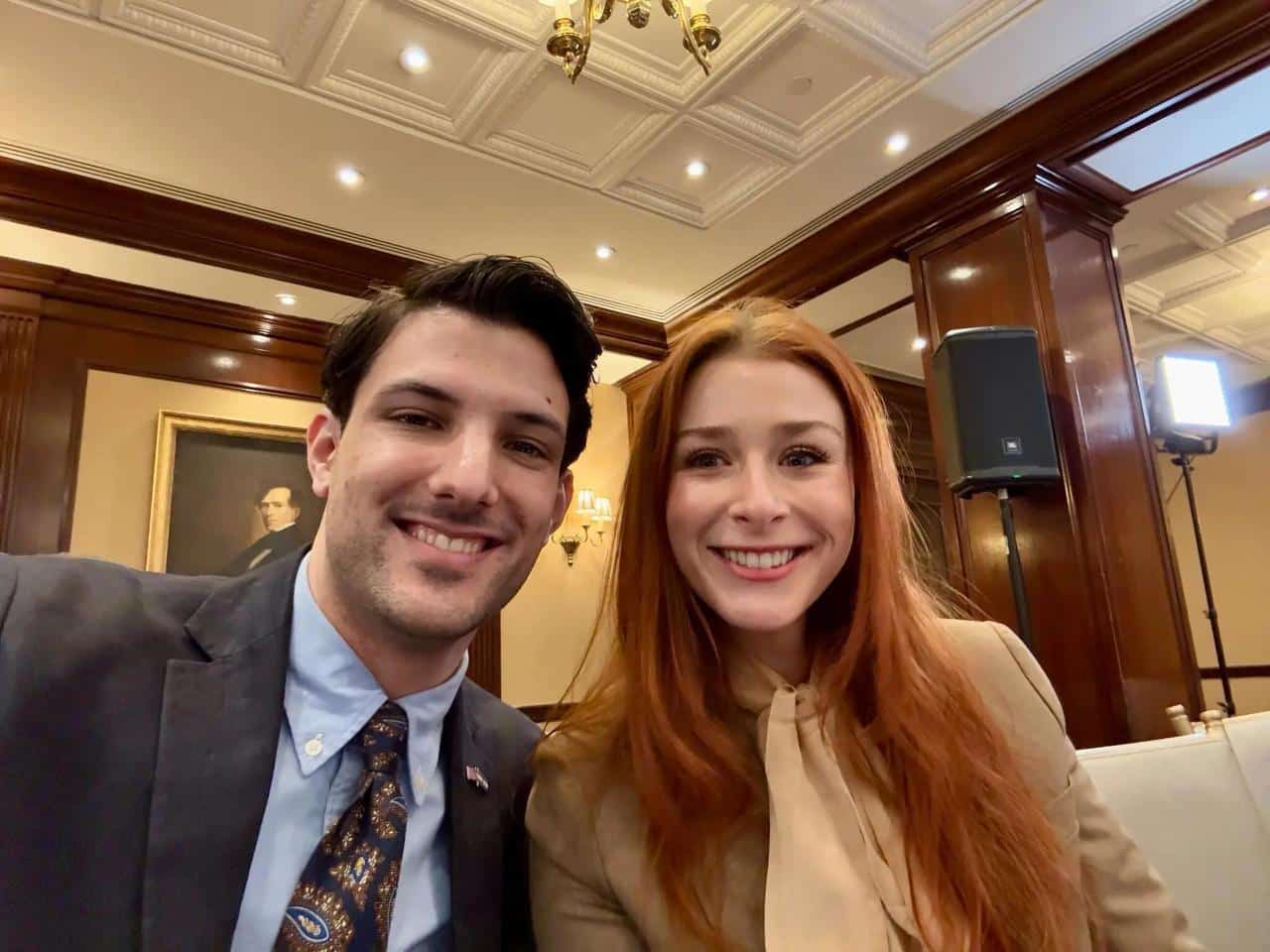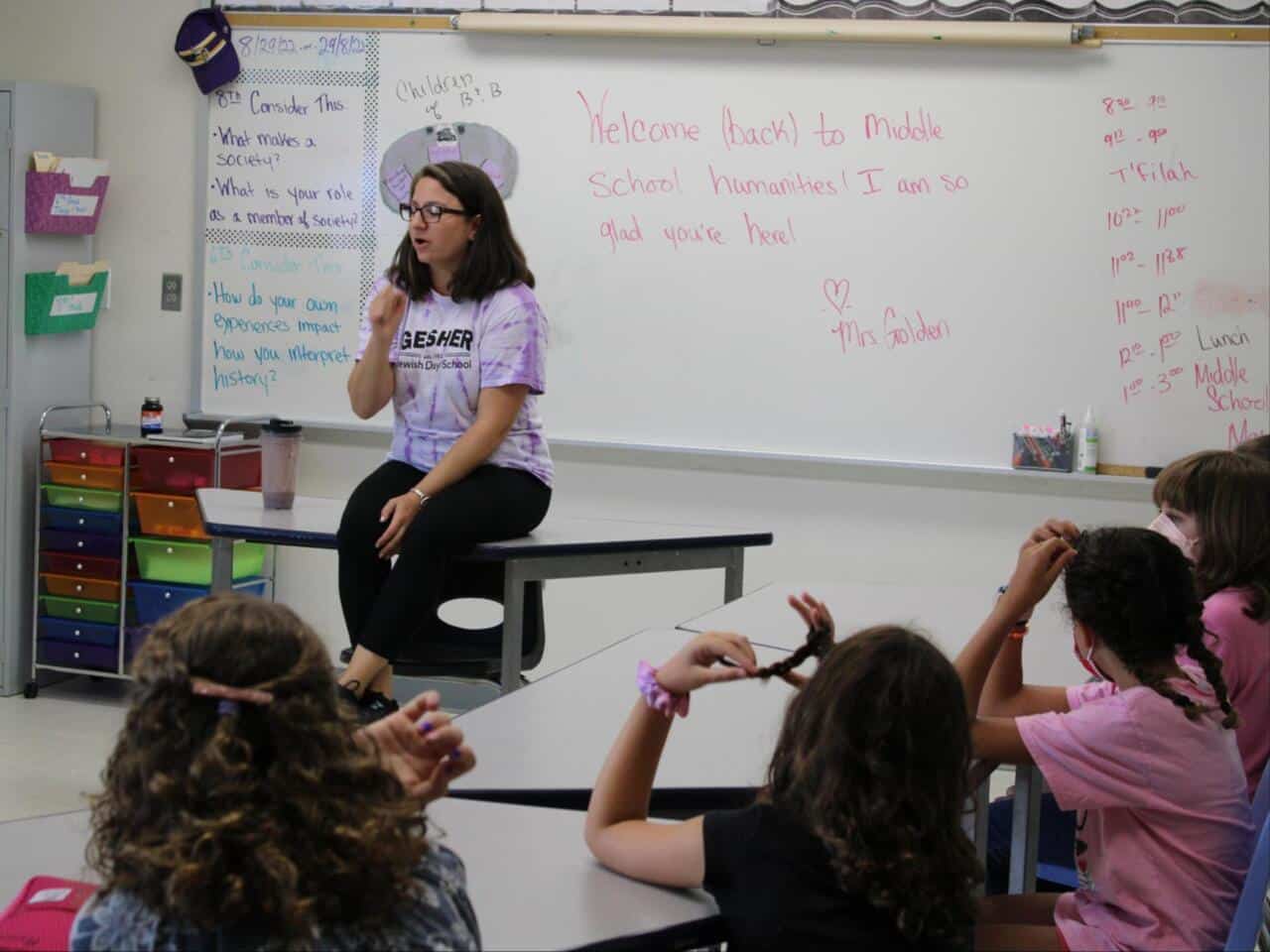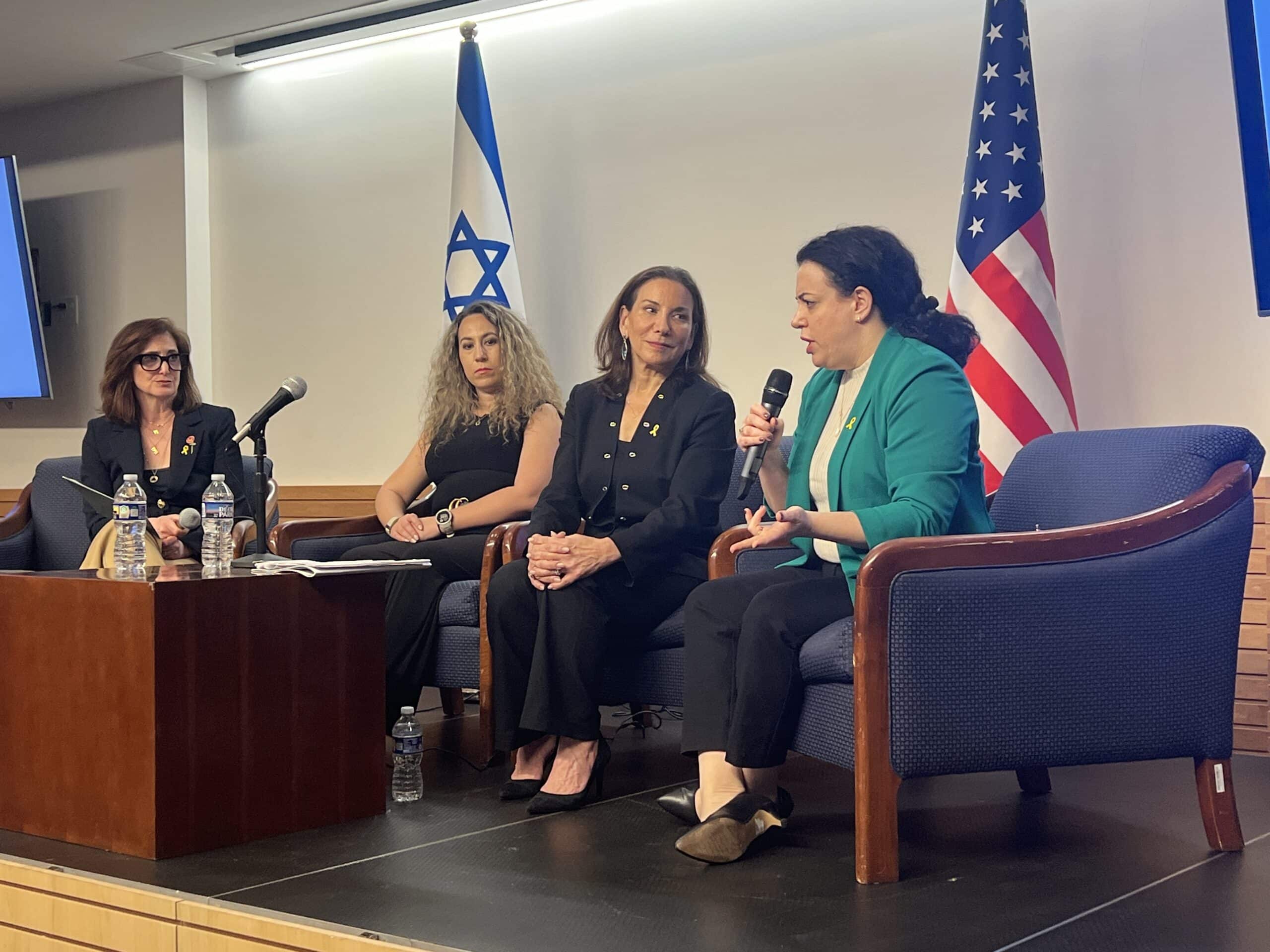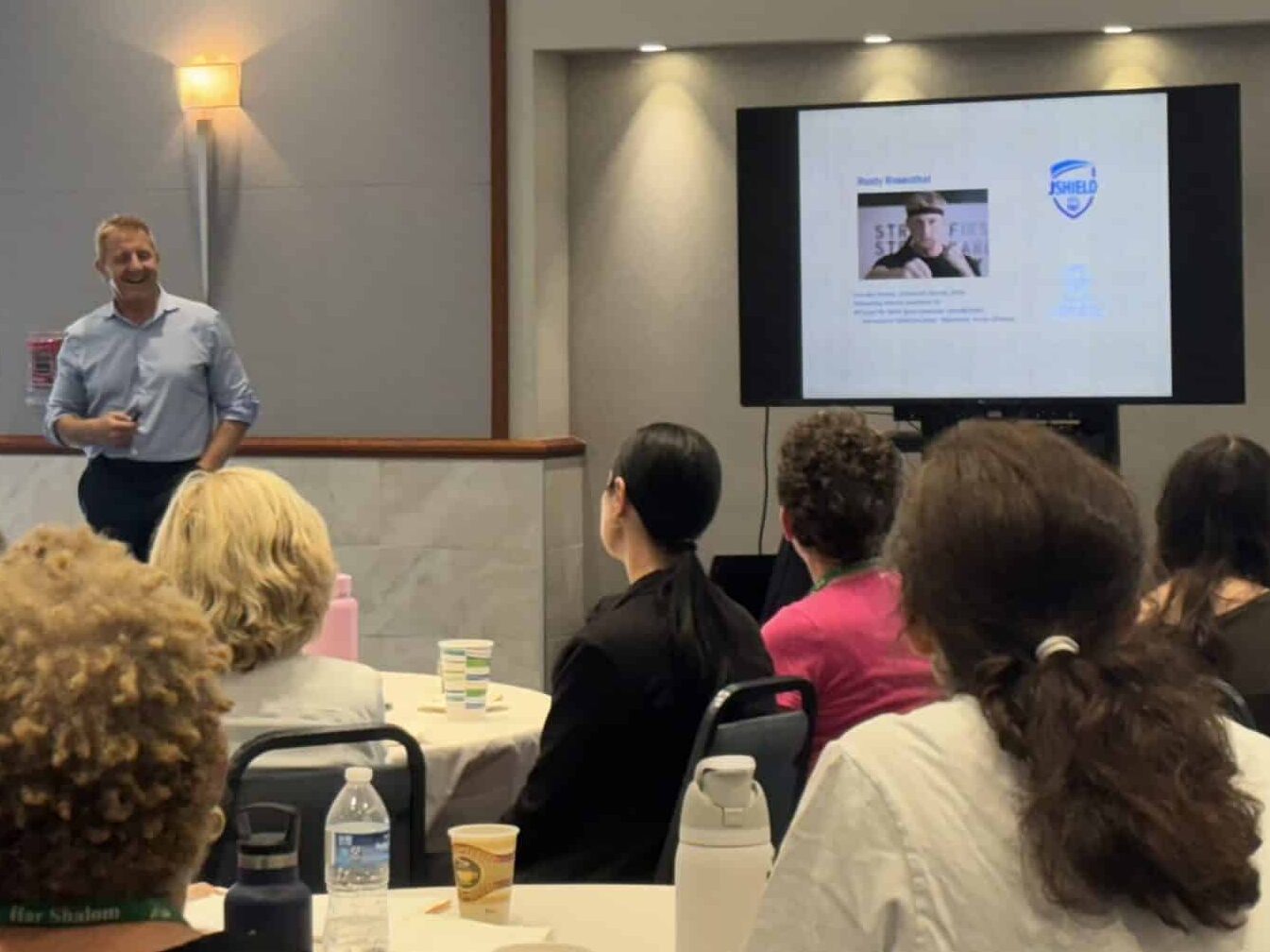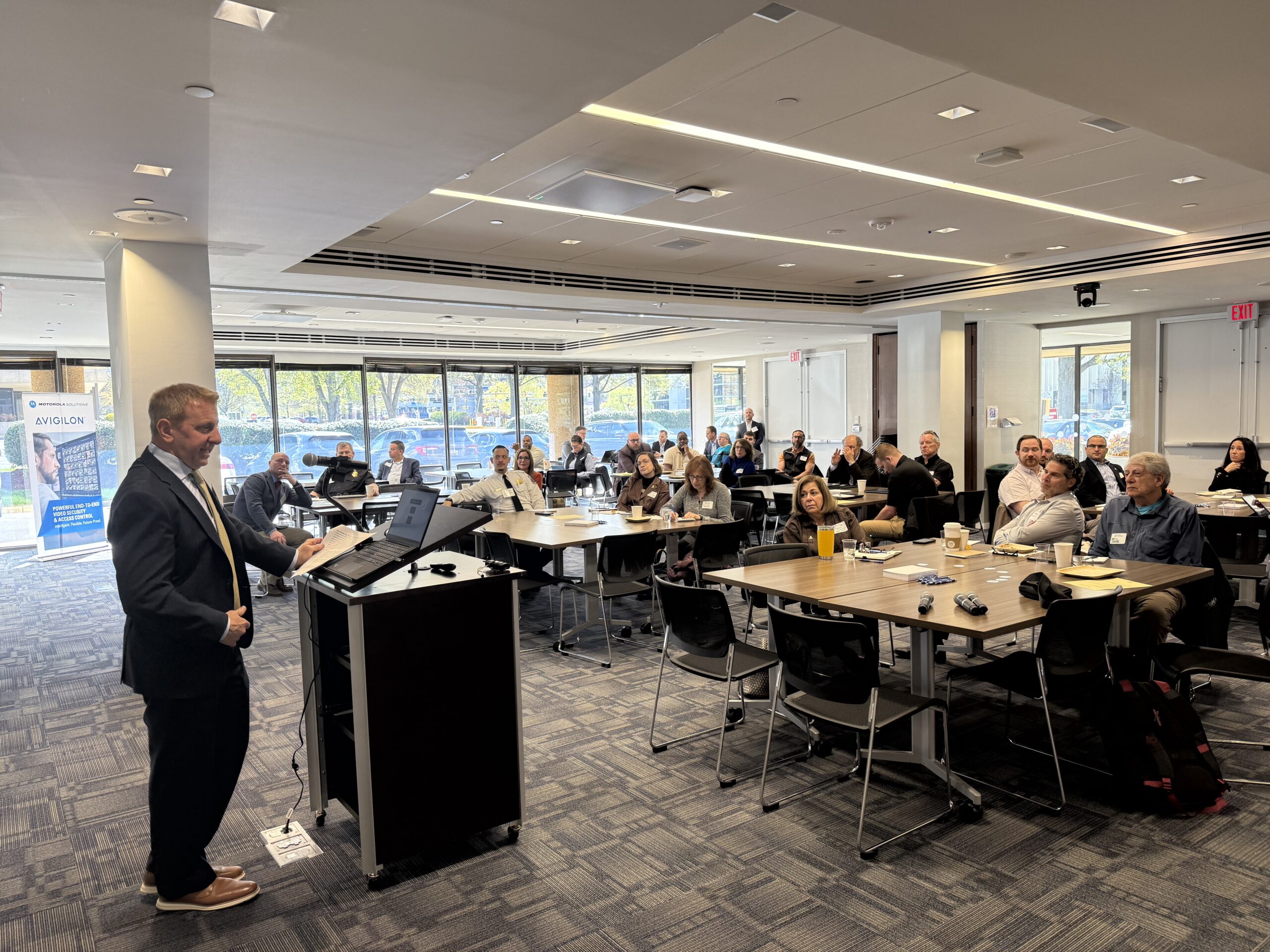We’re at our Heartbreak Hill. Let’s keep going—together.
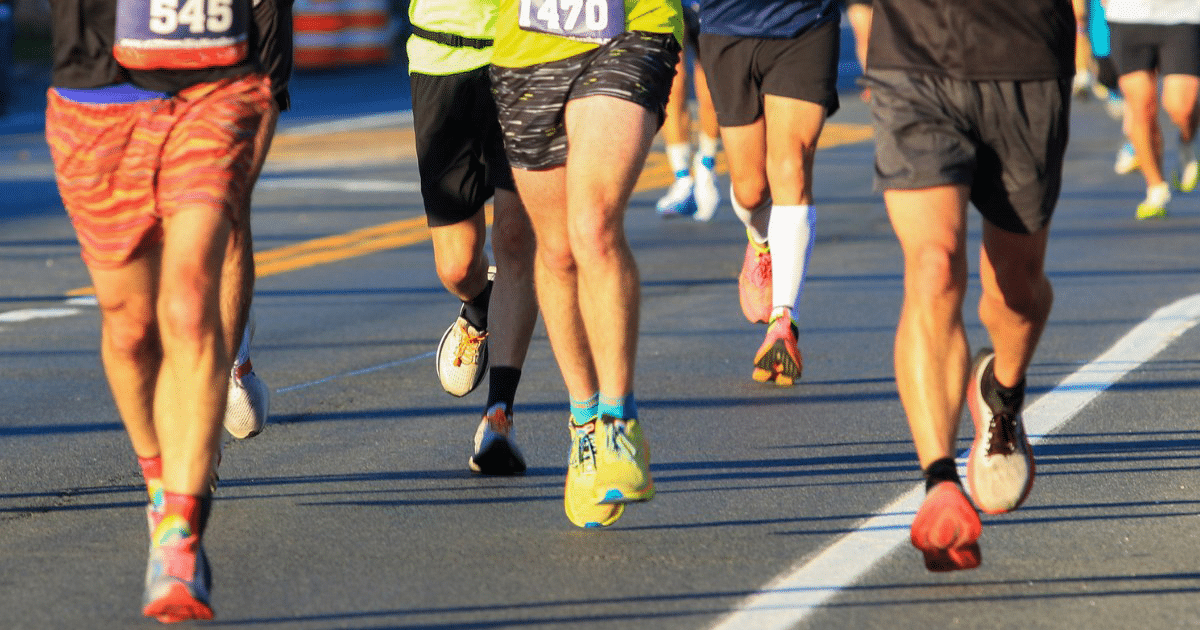
There’s an infamous stretch of the Boston Marathon route called Heartbreak Hill. It sits between miles 20 and 21, a point at which the race weighs heavy on the runners, and the finish line is not yet in view. This stretch of road has been on my mind this week as our community finds itself rallying to meet another critical moment.
It’s hard to believe that after the horrors of October 7th and the war with Hamas, Israelis would once again be called upon to demonstrate their resilience, but that was the situation over the past two weeks as Israel sought to eliminate Iran’s nuclear program and Iran sought to inflict pain on the Israeli population. In response, Federation is accelerating funds and increasing support to provide Israelis with additional trauma care and mental health support, upgrade shelters for thousands of evacuees—including Jewish, Arab and Druze communities, and ensure specialized support for at-risk teens and displaced families. Learn more and donate.
Here at home, we are focused on security. This week, I joined a delegation of 400 Jewish leaders from around the country to urge Congress to adopt the Jewish Community’s Six-Point Policy on Security. The proposal calls for a comprehensive strategy to increase security for the Jewish community, including increasing Nonprofit Security Grant Program funding to $1 billion, expanding support for security personnel and local law enforcement at Jewish institutions, and enhancing FBI intelligence capabilities to address potential threats. It also emphasizes prosecuting antisemitic hate crimes and holding tech platforms accountable for spreading antisemitic content. Contact your representative.
This work is urgent, important, and deserving of your support. I also want to acknowledge that like those marathon runners rounding mile 20, it’s possible that the challenges over the past five years might be getting to us. Since 2020, we’ve been giving it our all to come together as a community and address immense needs locally, globally and in Israel. Through Covid, Ukraine, October 7, and beyond our collective efforts have been monumental and record breaking—and it’s understandable if we’re feeling more than a little fatigued.
The magic of Heartbreak Hill, however, is that while the marathon runners are exhausted, they are doing it with the largest crowds along the path of the race cheering them on. In our community’s case, we meet this moment by becoming both runner and cheerleader. We need everyone in our collective race. Our success depends not on a few but on all of us. And we need to remind each other we’re not alone on the course. We have one another, our allies, a purpose, and a Jewish story still unfolding.
We recognize that significant challenges remain. Our support for Israel continues to be vital. We must accelerate our investment in ensuring security at all Jewish institutions and events—and rise to meet the surge in interest and engagement we’re seeing across our community: to be together, to experience the richness of learning, celebration, and connection. After all, our goal continues to be to strengthen Jewish life and engage more people in the beauty of Judaism and the Jewish people.
We’ve been through a lot as a community, and there’s a lot more we’ll need to navigate together, but so long as we keep our vision for vibrant Jewish life front and center, there’s no hill we can’t climb.
Shabbat Shalom,
Gil


